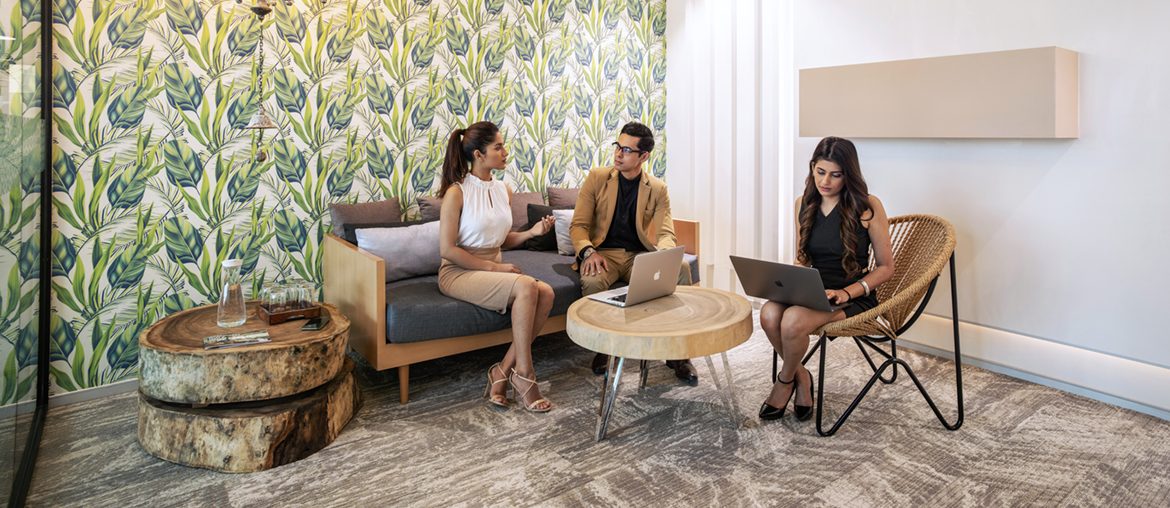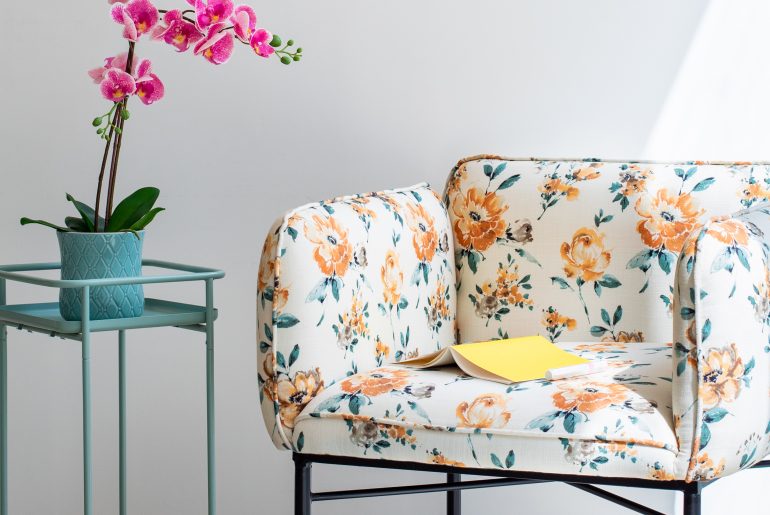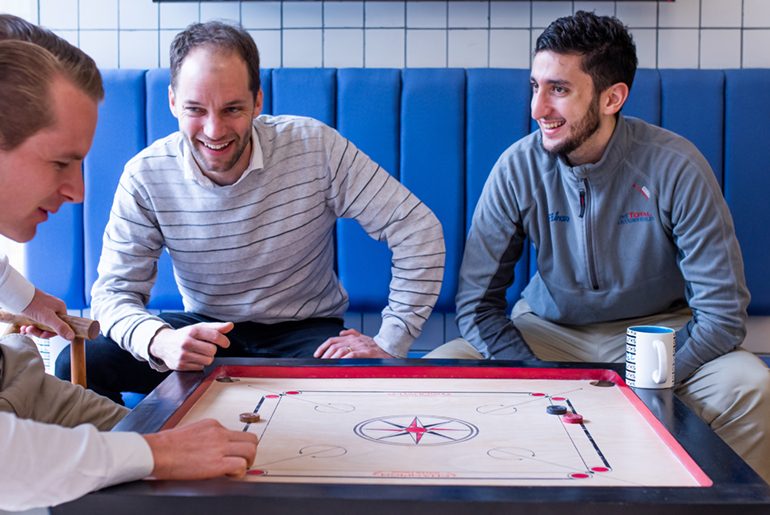When was the last time you were confused by a conference room double-booking, or walked into a messy conference room? If it was recent enough, chances are you remember the incident too well.
All of the high-tech infrastructure within a conference room go flying out the window if conference room etiquettes aren’t in place! If you’re thinking that a conference room etiquette poster or conference room etiquette email may have the answers, that may not be enough. If you are not aware of how to behave in a conference room, it may not only be detrimental to your business but you may also come across as rude!

Here are 15 conference room etiquettes that you must bear in mind:
Adhere to the schedule
Meetings or conferences may sometimes not adhere to the clock and take longer than usual. If the conference room is a part of a busy office, chances are you may be delaying other meetings too. Therefore, one of the essential business etiquettes is to finish meetings on time. If you’re finding yourself having to continue, consider moving to a common area or reschedule for a later time or date.
Don’t leave behind a mess
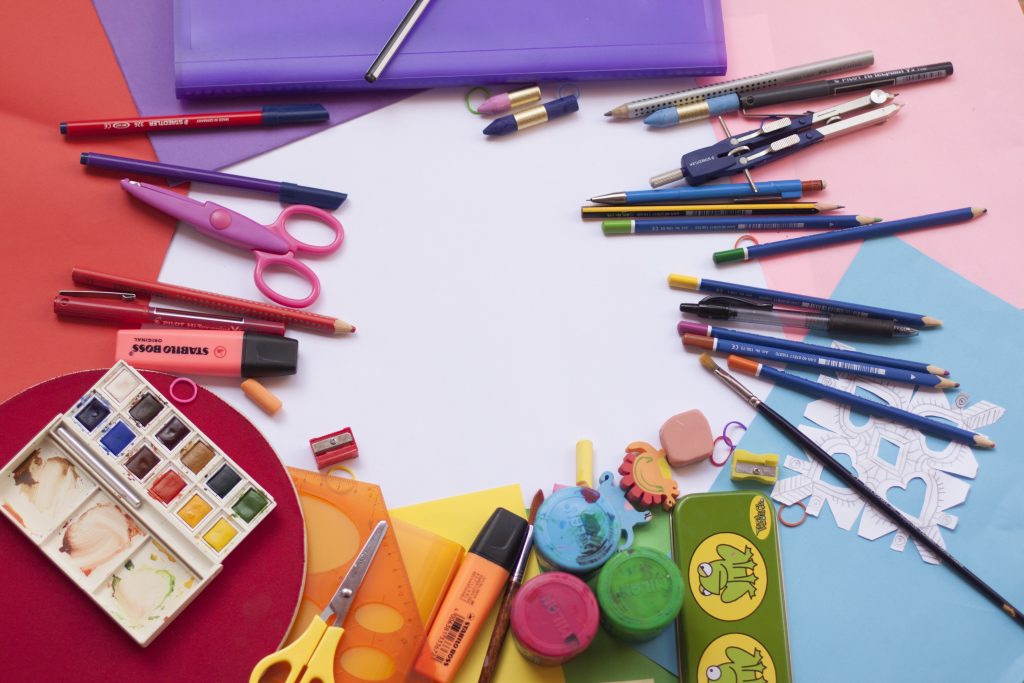
Scattered chairs, paper bits, empty water bottles and trash around is a complete no-no in the meeting room. Imagine walking into a meeting room with your important clients, only to find an utter mess created by the previous group– it’s unsightly, and not something you’d like to pass on, either. Ensure that the room is in a tidy and presentable state as it counts towards one of the important office courtesy rules!
Don’t use the conference room without booking

Part of any meeting etiquette policy or company meeting room policy is booking a conference room before use. It is advantageous and polite– you’ll have the room to yourself to conduct important meetings without being disturbed or barged in on. In many offices and coworking spaces, making a booking also means you’ll have access to the room’s infrastructure like projectors, TVs or whiteboards.
Be prompt about making any cancellations
No matter how hard we try to keep with up with the schedule, sometimes things may not go as planned– the same applies for meetings, as well. If you have to make cancellations, don’t wait until the last minute, or worse, forget. Make sure you cancel your bookings as soon as you learn about any impending changes in plan– it’s a crucial rule under conference room do’s and don’ts. This polite action allows others to grab the slot and hold their meetings if you can’t.
Make sure you don’t overuse the space
There is any denying that large or open conference room tables can be inviting enough to make you want to spread your work out. However, when you are in a co-working space, sharing meeting space with workers from different companies, or indeed the same company, it will seem impolite to overuse the workplace for your benefit. It’s also infringing on their space, so form an invisible desk boundary– and stay well within it– to work harmoniously.
Book early to get confirmed bookings
Don’t wait for the eleventh hour to book the conference room, especially if you are working in a busy office. Booking early secures the space, and it also allows other teams enough time to reschedule or find another meeting room well in advance.
Set the infrastructure back to default
Once you’ve finished using the room, leave it just how you’d want to see it if you were just entering– clean, orderly and ready for use. This would mean wiping down the whiteboard, closing all open displays on the screen and returning the remotes or other devices back to their place.
Be accommodating
Sometimes other meeting groups may require the room on an urgent basis to hold an important meeting. You can always offer to reschedule your meeting to help your fellow co-workers, if it’s a feasible option. On the other hand, you can also try to wind up your meeting early to facilitate your co-workers and keep things running smoothly.
Make sure the door is closed
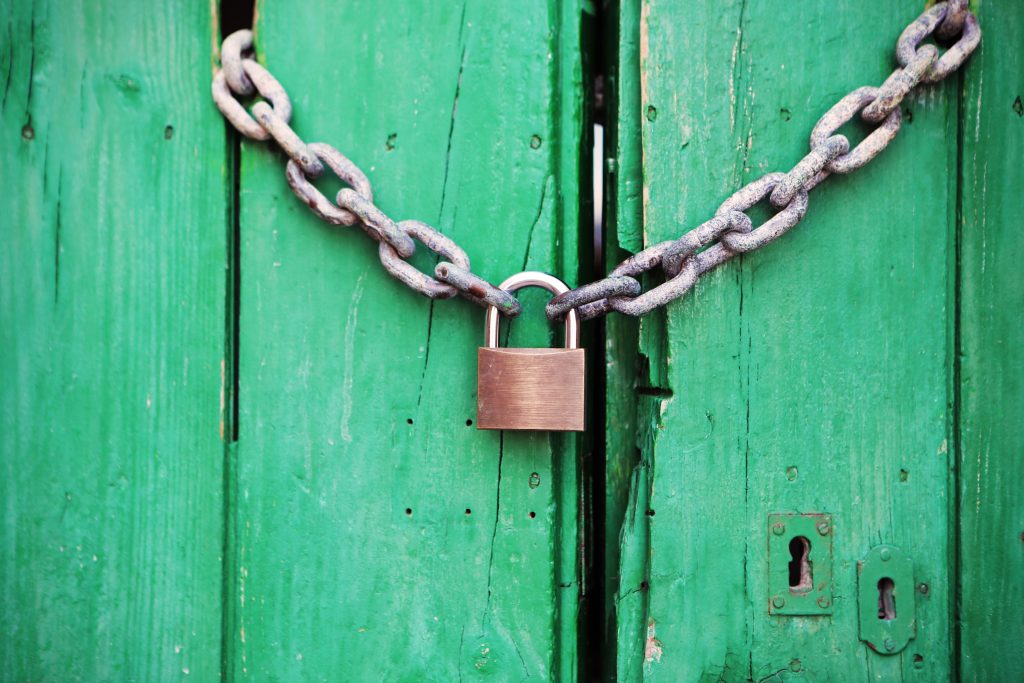
You can rave about your new plan or argue over a proposal but not at the cost of disturbing the quiet of your workplace. Sometimes certain confidential matters are discussed, which need to be discreet and under such circumstances. What goes on in the conference room, stays in the conference room– so ensure the doors are closed! Many companies use training room door signs or meeting rooms signs have ‘Keep Door Closed’ sign on them for added measure.
Keep your phone switched off
One of the most important conference room etiquette signs that companies place in meeting rooms is barring the use of mobile phones during meetings. Let’s face it– few things are more disruptive than a buzzing mobile phone during an important meeting. If you absolutely have to take a call, slip out of the room as discreetly as possible to avoid disturbing the team.
Exit once you finish
As soon as the meeting concludes, make sure you leave the office space. Avoid discussing the meeting pointers or indulging in casual chit-chat as you may be eating into someone else’s meeting room time. Instead, head to the coffee room for a breather and a quick de-brief!
Be understanding towards others’ needs
If you’ve been requested by fellow co-workers to switch conference rooms because you are a small group of people they have a larger team to accommodate, meeting request etiquette dictates that you consider giving up the space. This not only boosts a healthy working environment but also influences people to make bookings as per their requirements, whether relating to group strength or infrastructure.
Bring the management in
In co-working spaces and larger offices, in general, there exists a staff member to monitor room bookings. If you’re having trouble with a booking or the room’s infrastructure, bring in the experts for resolution instead of attempting to fix it yourself. This way, they’ll have a log of what happened and you can conduct your meeting in peace.
Prepare beforehand

As a host or integral part of a meeting, ensure that you’re well-prepared before other members trickle in. This involves checking the cables, setting up your laptop and projector, making sure the air conditioning works fine, among others. By giving yourself this prep time, you can get any tech trouble fixed in time and won’t stall the meeting for longer than necessary.
Don’t bring in any food

Coffee, tea and water usually pass the test but consider leaving eatables elsewhere. Not only is it distracting to have someone eating during an important meeting, it’s also considered rude and uncaring by many meeting-goers.
Conference room etiquettes show that you care for your fellow co-workers and are aware of how your behaviour or actions can affect others in the room. Follow these simple tips to win over your colleagues and foster a conducive work environment!


